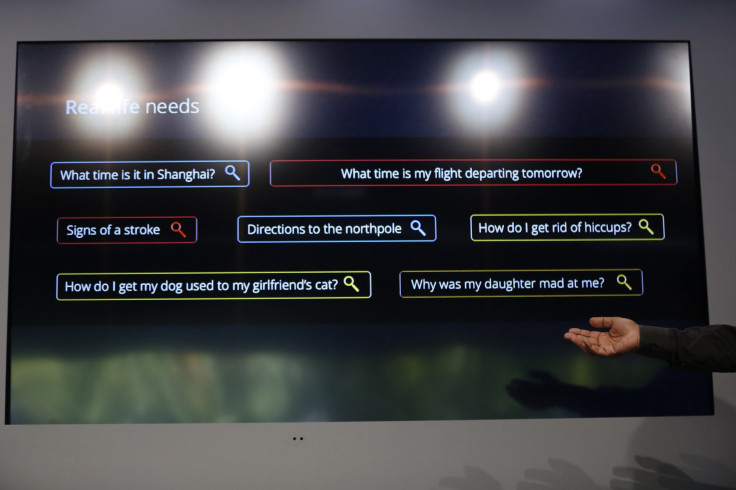More than 40 Percent Of The World Will Be Online This Year

By the end of this year, 40 percent of the world will be online, according to a new study by the International Telecommunication Union released on Monday.
Broadband penetration is on the rise worldwide. But it means much more than just being able to see your friends' photos on Facebook or catch the latest tweets. Wireless access is also about development, and the most dynamic countries are set to surpass the U.S. in the next few years. This connectivity has created a new generation of digital natives -- a population growing up on the internet, and fast becoming a target for a billion-dollar market.
According to the report, 41.3 out of every 100 households have some sort of internet access. Out of these, 29.5 are mobile subscriptions. Fixed broadband is dying out as consumers embrace the ease of wireless connection for their computers, smartphones and tablets.
Mobile and 3G networks have been growing at a rate of 40 percent each year. For the third year, Korea has taken top spot as the most tech-developed country in the world, followed by Northern European countries such as Sweden, Iceland, Denmark and Finland.
Of all countries, the U.S. is in 17th place overall. According to a recent PEW study, 56 percent of American adults own smartphones, but roughly 20 percent of U.S. adults are still without Internet access of any kind. However, rates do go up for wealthier and college-educated people.
Many developing countries are on the lower end of the scale. Niger has held on to its last-place position.
The ITU is a United Nations agency concerned with information and communication technologies (ICTs). They deal with everything from satellite orbits to the global radio spectrum and develop technical standards for networks all over the world. One of their initiatives is to "strive to improve access to ICTs to underserved communities worldwide."
Corporations such as Google and Facebook have also been leading the charge for more connectivity in developing areas. In August, Mark Zuckerberg announced an initiative to help people in these areas connect to the Internet.
"There are huge barriers in developing countries to connecting and joining the knowledge economy," Zuckerberg said to the Guardian.
According to the ITU report, there are still 4.4 billion people unconnected, mostly in the developing world. But it looks like things are about to change. The proportion of households with Internet access in developing countries is up to 28 percent in 2013 -- a major jump from 12 percent five years ago.
Another pattern has also emerged in "dynamic" countries -- those that have been improving more than average in the past year. The most improved was United Arab Emirates, followed closely by Lebanon and Barbados. Mongolia, Zambia and Zimbabwe also made the list.
One feature of the fast-growing countries was a high population of "digital natives." These are 363 million people who have had five or more years of online experience. It's about 30 percent of all young people, and 5.2 percent of the global population.
This group is growing quickly, and is a target for companies and marketers in the industry.
© Copyright IBTimes 2024. All rights reserved.






















